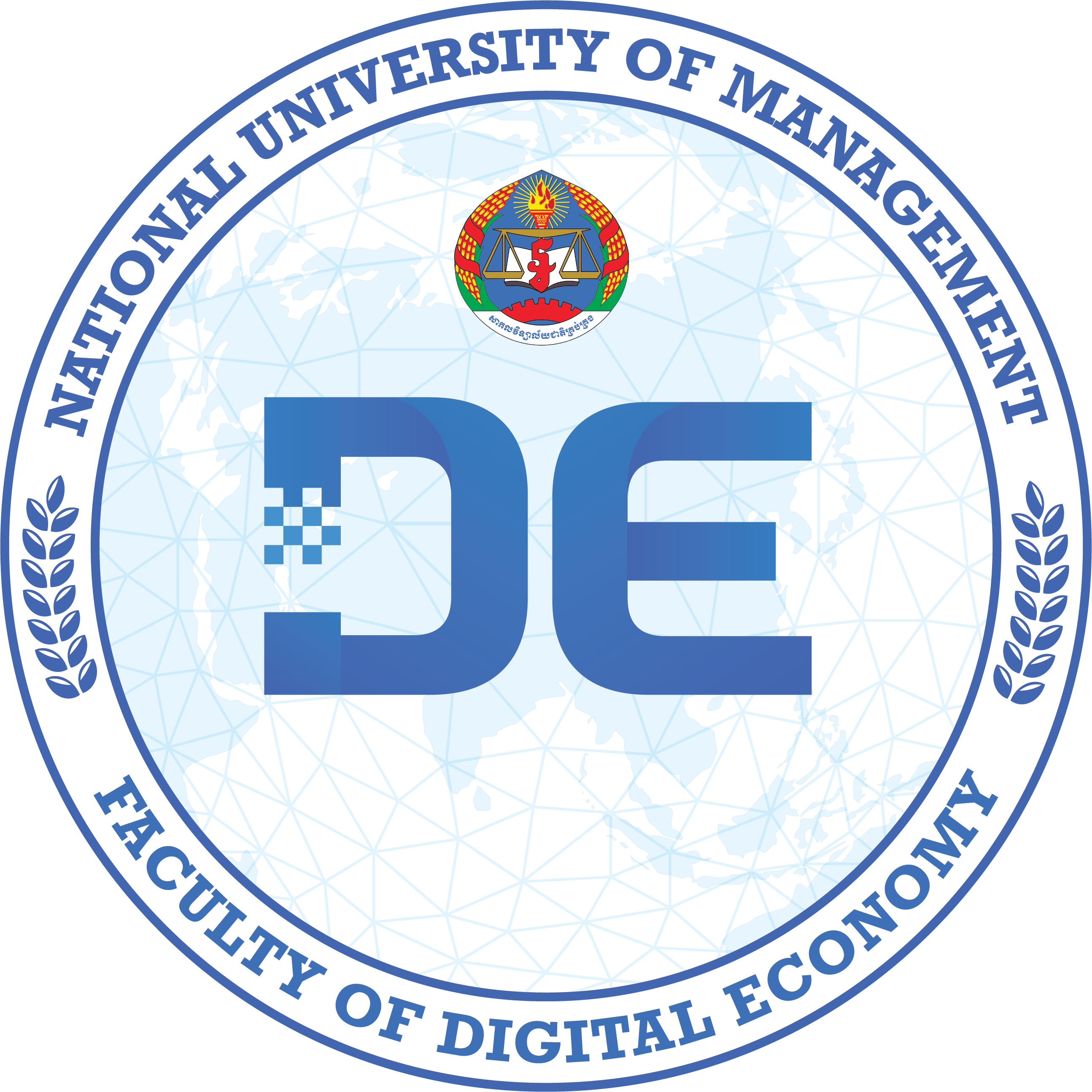Bachelor of Science in Financial Technology
Type : Undergraduate Program
Faculty : Faculty of Digital Economy
Department : Digital Economy
Level : Bachelor’s Degree
1. Objective
The Bachelor of Science in Financial Technology (BSc in FinTech) is designed to nurture financial technologist and entrepreneurs with essential knowledge in both finance and technology, so they can take leading roles in innovation and applications of financial technology.
This program prepares students with knowledge in both finance and technology, allowing them to have a broad career pathway as they could take up position in FinTech industry, finance and IT industries.
This course builds on basic finance theory and capital market course and complement other finance course with a unique technology and innovation perspective. Technology is a disruptive factor that is transforming the banking and finance industry. It is important that finance graduates are informed of these developments and have a basic understanding of the underlying technologies, so they could contemplate, adapt, innovate and shape an increasingly technology driven world
The program consists of foundation courses in mathematics, statistics, finance computing and law, as well as courses in FinTech (distributed ledger and blockchain technology, big data and datamining, computational finance and algorithmic trading, e-payment and crypto-currency, financial programming and databases, and mathematical finance etc.); and in arts and social sciences (training students to have a broader mindset and allowing them to apply their knowledge and skills adaptively and creatively in this fast growing discipline).
2. Program Learning Outcomes: PLO
On successful completion program students will be able to:
I. Knowledge
PLO1: Understand global FinTech landscape and describe the role of banks and financial service providers in shaping and responding to innovation and disruption
PLO2: Describe banking and finance ecosystem and the role of consumers in shaping up current environment and link behavioral finance theories to technological advances in banking and finance industry
PLO3: Understand the forces behind technological chances in the industry and apply disruption methodologies to practical case studies
PLO4: Recognize what type of innovation and disruption is value added with a potential to reshape legacy environment.
PLO5: Gain introductory programming skills in the context of finance theory and application using Python platform
J. Cognitive Skills
PLO6: Think holistically and general FinTech ideas
PLO7: Evaluate FinTech proposals
PLO8: Evaluate information of various sources
PLO9: Process the information to identify the real-world problems
PLO10: Efficiently analyze the data and provide solution to the real-world problems
K. Interpersonal Skills and Responsibility
PLO11: Become dependable person in any given situation
PLO12: Become proactive team players in assigned teamwork
PLO13: Possess a strong leadership skill
L. Numerical Skills, Information Technology and Communication
PLO14: Use computer digital technologies to conduct data analysis
PLO15: Use basic statistics for quantitative research
PLO16: Use computer programming skills to design apps.
PLO17: Gain practical exposure to FinTech style of presentation to open audience
3. Admission Requirements
Candidates to be selected in this program:
– Must hold a high school diploma or diploma deemed to equivalent and approved by the Ministry of Education, Youth and Sport, plus
– Have a good background in mathematics and English proficiency
4. Credit System
Students of Bachelor of Science in Financial Technology must undertake the four-year program and must earn a minimum of 120 credits. Students are encouraged to take additional online courses of their interests in addition to the courses provided by the university using facilities at the smart classrooms and digital economy lab.
